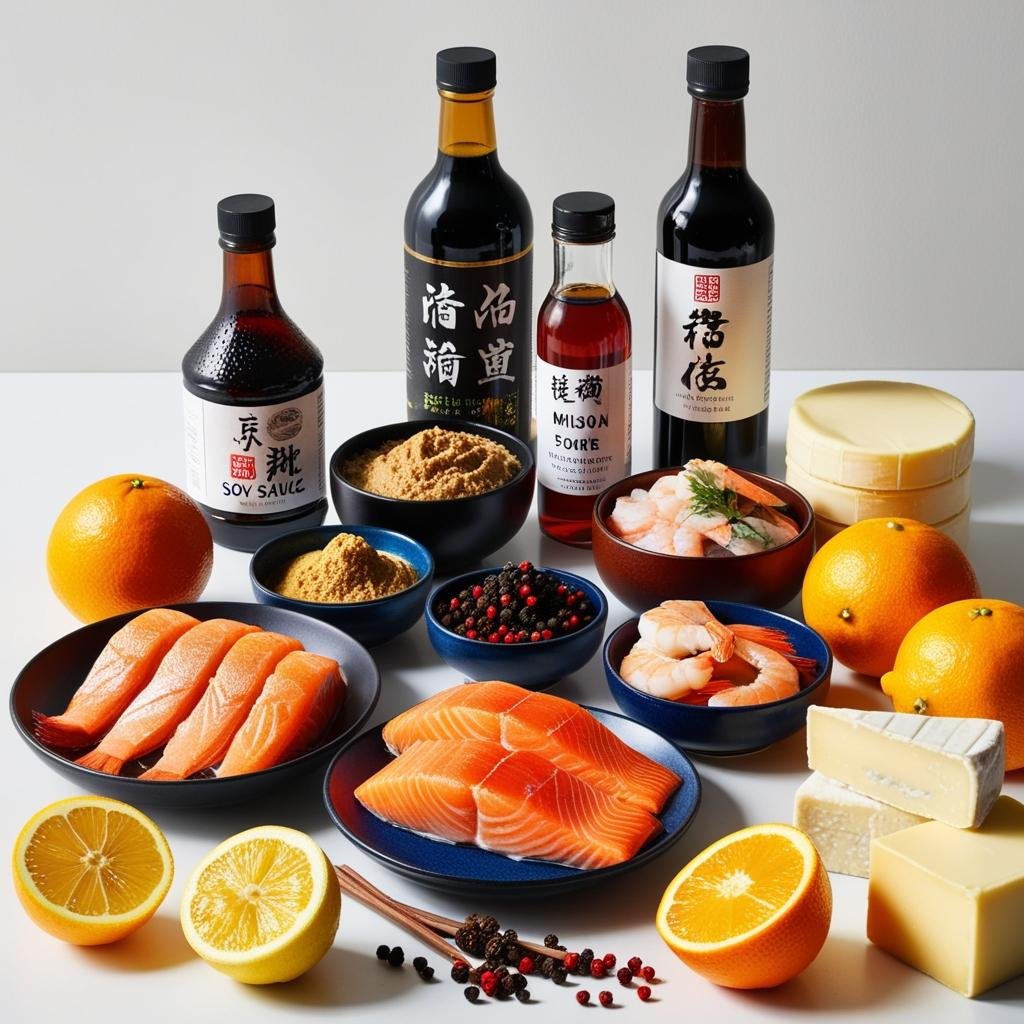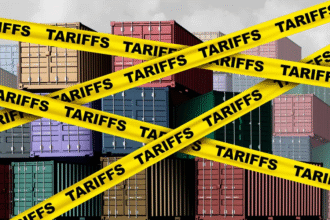While there isn’t a single “secret ingredient” that all chefs swear by, many chefs do have their own favorites that they believe elevate their dishes. Here are a few common “secret ingredients” that professional chefs often mention:
Top Secret Ingredients Chefs Swear By
1. Umami Boosters
- Fish Sauce: Just a splash can add depth to sauces, soups, and even meat dishes.
- Soy Sauce: Used in both Asian and non-Asian cuisines for a savory punch.
- Anchovies: Melted into sauces or dressings, they add a subtle, savory complexity.
2. Acid
- Vinegar (sherry, balsamic, apple cider): Brightens flavors and balances richness.
- Citrus (lemon or lime juice/zest): Adds freshness and enhances other flavors.
3. Butter
- Many chefs finish sauces or pan-cooked dishes with a pat of butter for richness and a silky texture.
4. Fresh Herbs
A sprinkle of fresh herbs (like basil, parsley, or chives) at the end can make flavors pop.
Ingredients impacted by the Trump Admnistration’s tariffs

Several of the “secret ingredients” chefs often use-such as soy sauce, miso paste, certain spices, citrus, and seafood-have been directly impacted by tariffs imposed during the Trump administration, particularly those targeting imports from China, Japan, Mexico, and Canada.
Soy Sauce & Miso Paste: Tariffs on Japanese food products, including soy sauce, have disrupted exports and raised costs for U.S. buyers. Chinese soy sauce and fermented bean pastes have also faced steep tariff hikes, with some imports subject to tariffs of at least 145%.
Spices: China, a major supplier of spices to the U.S., has been affected by tariffs, making ingredients like Sichuan peppercorns and other specialty spices more expensive or harder to source.
Seafood: China is a significant supplier of seafood to the U.S., and tariffs have increased prices and reduced availability for certain products.
Citrus & Fresh Produce: Mexico is the largest supplier of many fresh fruits and vegetables to the U.S., including citrus. Tariffs on Mexican imports can increase prices and cause shortages of these ingredients.
Butter & Dairy: While not always directly targeted, tariffs on Canadian agricultural products can disrupt butter and dairy imports, affecting prices and supply.
These tariffs have led to higher costs and supply chain disruptions, particularly for restaurants and chefs who rely on authentic imported ingredients. The result has been increased menu prices, reduced ingredient availability, and, in some cases, a shift toward lower-quality substitutes.














